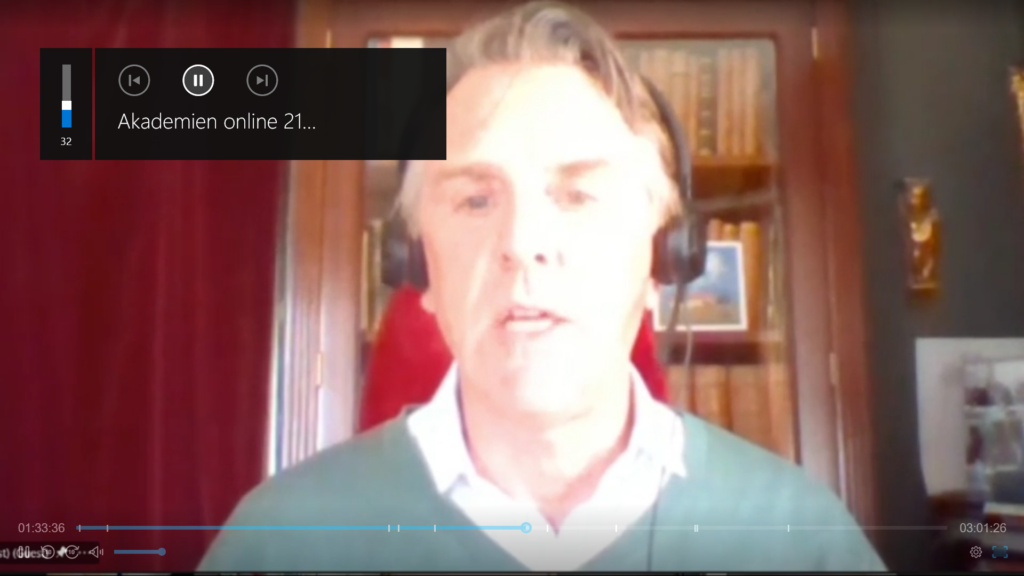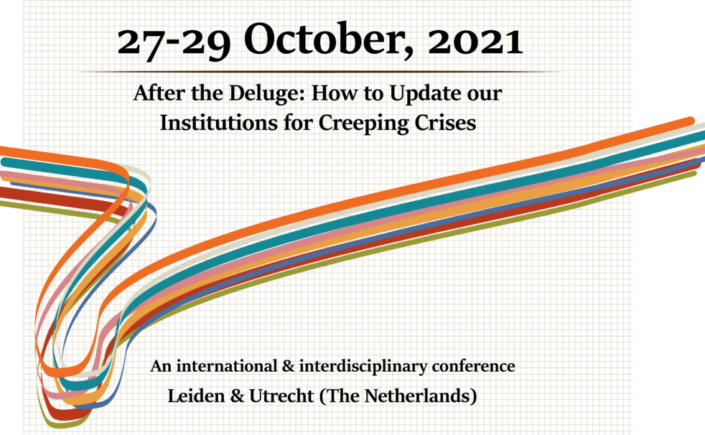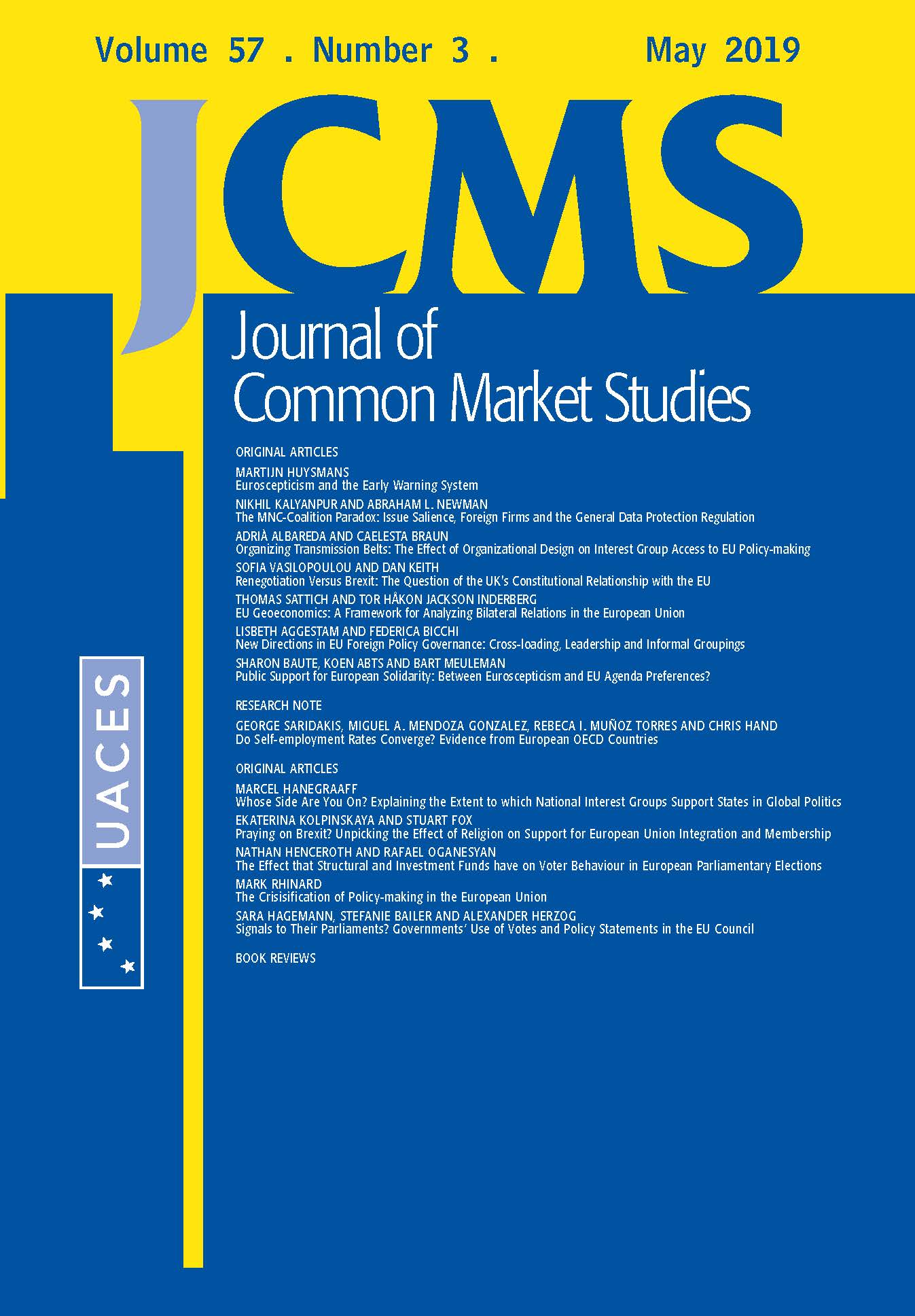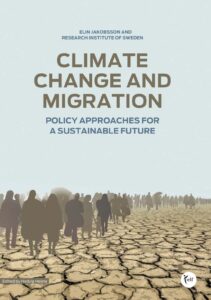On 14 November 2024, researchers and practitioners met for a workshop in Stockholm to discuss crisis detection and early intervention in High-Reliability Organisations in Sweden. The workshop explored best practices for identifying and responding to emerging threats and was cohosted by the Swedish Defence University, the Swedish Institute of International Affairs, and Leiden University.
The research group held another conference, this time in Leiden, on 27 November 2024. The goal of the conference was to stimulate research on crisis detection. In many sectors and organisations, there is a desire to learn how to detect and understand potential crises in an early stage, so that appropriate actions can be taken. Additionally, the group sought to give the Dutch crisis community a boost by bringing together relevant crisis researchers and practitioners. Fellow researchers will be able to present their work, and we ask practitioners to share how they try to anticipate crises within their organisations.




 The article ‘The Crisisification of Policy‐making in the European Union’ has won the Best Article in 2019 prize from the Journal of Common Market Studies a top-ranked journal in the field of International Relations. The article, written by
The article ‘The Crisisification of Policy‐making in the European Union’ has won the Best Article in 2019 prize from the Journal of Common Market Studies a top-ranked journal in the field of International Relations. The article, written by  The adverse effects of climate change can drastically change living conditions in many parts of the world. In a new report from Fores and European Liberal Forum (ELF), researcher Elin Jakobsson provides the reader with the key features of climate-driven migration as a phenomenon, and the policy processes which surround it, and proposes a set of recommendations specifically aimed at policy makers in the EU to address migration and displacement caused by climate change.
The adverse effects of climate change can drastically change living conditions in many parts of the world. In a new report from Fores and European Liberal Forum (ELF), researcher Elin Jakobsson provides the reader with the key features of climate-driven migration as a phenomenon, and the policy processes which surround it, and proposes a set of recommendations specifically aimed at policy makers in the EU to address migration and displacement caused by climate change.